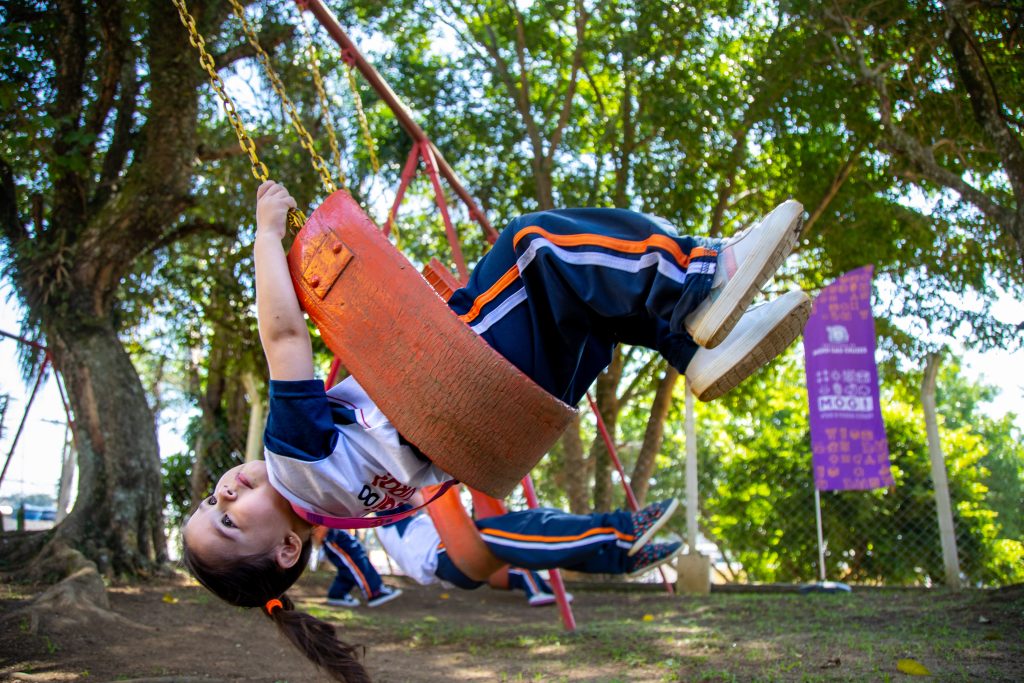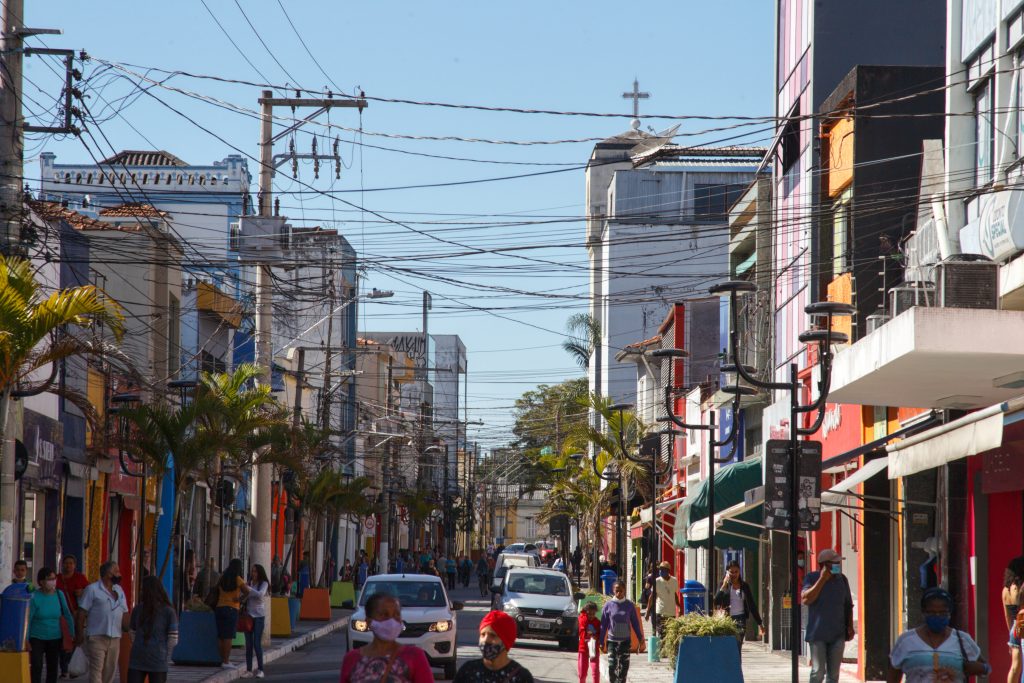Mogi das Cruzes, Brazil
Where Urban Planning is for the Children of Yesterday, Today and Tomorrow.
Project Type:
Community Engagement, Health and Wellbeing, Infrastructure, Parks and Recreation, Youth Development

2024 Gold Certification
Mogi das Cruzes, Brazil, is boosting transparency and open data. Since becoming one of the first cities in Latin America to achieve Certification in 2023, Mogi das Cruzes has worked hard to become a more transparent government. The City launched its first Open Government Action Plan, which includes 12 steps to improve information accessibility. They also introduced a comprehensive Transparency Portal, which features open data, public works updates, and up-to-date budget information. Finally, the City offers free online training for both government employees and residents on open government principles. These efforts go beyond policies on paper, they actively build trust with residents, promote accountability and encourage community engagement.
2023 Silver Certification
Created Participa Mogi – an online platform for citizen participation. In its first year, the City received over 1,300 public contributions.
When employment data showed that 25% of Mogi workers were commuting outside of the City, Mogi added 7,000 new jobs in 2022 and increased revenue by 33% ($700 million BRL).
To combat hunger, Mogi das Cruzes created the Social Market Program, which connects farmers to over 1,200 families in vulnerable situations to receive free food.
Deployed innovative Qualitative Data Practices to better understand residents’ needs.
Mogi das Cruzes has found a winning combination. The City of more than 470,000 in São Paulo State is setting itself up for success by using data and community engagement as the foundation of its strategic plan.
Part of this plan includes giving the mic to Mogi’s youngest residents. Mogi das Cruzes wants to be a child-centered city. City officials are asking children for ideas for improving their neighborhoods so that the next generation engages with their government and community. In December 2022, Mogi announced its first “Our Neighborhood Detectives.” Between the ages of 9 and 12, these 24 children will participate in discussions and make suggestions about how to improve the quality of life and urban landscape for all children and adults living in Mogi.
“These boys and girls will represent the children in their neighborhoods and help us create a better city. Their input is an important complement to our data that will improve our decision-making and inspire civic engagement in young people.”

The Neighborhood Detectives project is part of the Mogi Cidade da Criança (City of Children) program, which uses an innovative community engagement and design approach to inform the City’s investments in the wellbeing of its children. Another project within Mogi Cidade da Criança is monitoring air quality for its impact on children’s health. The air quality data is used to make decisions and create action plans, such as enhancing green spaces and encouraging active mobility to reduce emissions.
In addition to engaging its children in planning, the City seeks feedback from residents through regional meetings and neighborhood visits. By thoughtfully and rigorously soliciting resident input, the City is able to use this qualitative data to deepen community impact and better serve residents’ needs. For instance, the City asked for resident feedback about public transportation by conducting surveys in-person on the bus. Bus users were interviewed and the resulting data was used to optimize bus routes.
Mogi das Cruzes also created the Participia Mogi platform for residents to provide input on planning and budget priorities online. The City is opening its internal data up to residents as well, by hosting Open Data Days and making geospatial data available on the GeoMogi website.
“Staff perceive the need to use data in their day-to-day and Certification is helping with this culture shift. Once you have this cultural shift, you can’t go back.”

Additionally, under the guidance of Mayor Cunha, the formula of data and resident input is being used to create a long-term, 40-year plan for the City. The ultimate success of the plan requires institutionalizing recent progress on collecting, managing and analyzing the City’s data. The Mayor’s hope is that residents will expect future administrations to continue the shared vision within a long-term plan: “We wanted this to be a plan for everyone, so we are building a sustainable program that represents the needs of the City as a whole, for today and for the next generation of Mogi residents.”